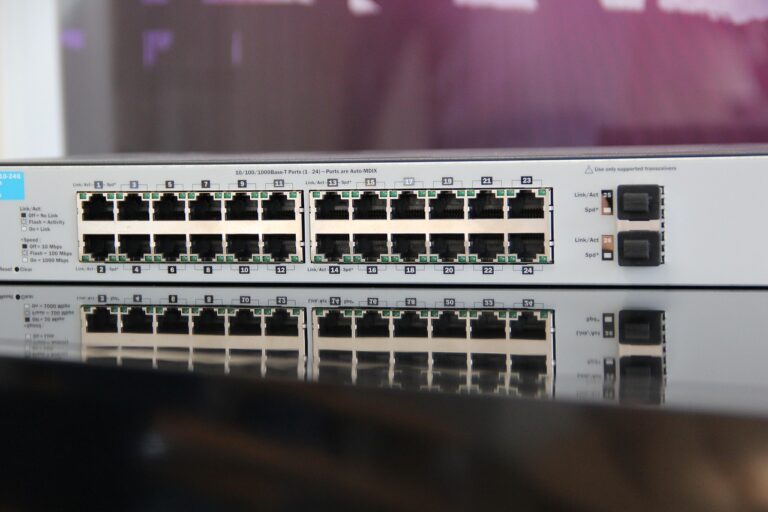The Future of AI: Ethical Considerations and Implications for Society
Developing ethical frameworks for AI development is crucial in ensuring that artificial intelligence technologies are used responsibly and ethically. These frameworks provide a set of guidelines and principles that govern the design, deployment, and use of AI systems. By adhering to ethical frameworks, developers can address issues such as fairness, transparency, accountability, and the impact of AI on society.
Ethical frameworks also help in promoting trust and confidence in AI technologies among users and stakeholders. They can build a foundation for ethical decision-making in AI development, guiding developers in making choices that prioritize the well-being of individuals and society as a whole. Embracing ethical frameworks is a critical step towards harnessing the potential benefits of AI while minimizing potential risks and harm.
– Ethical frameworks for AI development ensure responsible and ethical use of artificial intelligence technologies
– Guidelines and principles govern the design, deployment, and use of AI systems
– Address issues such as fairness, transparency, accountability, and societal impact
– Promote trust and confidence in AI technologies among users and stakeholders
– Foundation for ethical decision-making in AI development
– Prioritize well-being of individuals and society
– Critical step towards harnessing benefits of AI while minimizing risks
Bias and Discrimination in AI Algorithms
One of the predominant challenges facing the development and deployment of artificial intelligence (AI) algorithms is the presence of bias and discrimination. This issue arises primarily due to the reliance on historical data that may contain inherent biases, leading to AI systems reproducing and even exacerbating these biases in decision-making processes. As a result, marginalized groups can be disproportionately impacted by the discriminatory outcomes of AI algorithms, perpetuating inequality and hindering social progress.
Moreover, the opacity and complexity of AI algorithms make it difficult to identify and rectify instances of bias and discrimination. This lack of transparency not only poses obstacles to accountability and oversight but also reinforces suspicions of unfair treatment. Without proper mechanisms in place to address bias in AI algorithms, there is a risk of perpetuating systemic inequalities and deepening societal divisions.
Privacy Concerns in the Age of AI
Privacy concerns have become increasingly prominent in the age of AI as the use of advanced technologies raises questions about the protection of personal data. With the widespread collection and analysis of data by AI systems, there is a growing fear that individuals’ privacy may be compromised. From smart devices in our homes to social media platforms, the amount of information being gathered and utilized without our explicit consent is a significant concern.
One of the main challenges in addressing privacy concerns in the age of AI is the lack of transparency in how data is being collected, stored, and used. Many companies and organizations are not transparent about their data practices, making it difficult for individuals to understand the risks associated with sharing their personal information. As AI technologies continue to advance, it is crucial for policymakers and industry leaders to prioritize privacy protections to ensure that individuals’ personal data is not misused or exploited.
What are some ethical frameworks that can guide AI development?
Some ethical frameworks include principles of transparency, accountability, fairness, and data privacy.
How can bias and discrimination manifest in AI algorithms?
Bias and discrimination can occur in AI algorithms through biased training data, lack of diversity in development teams, and flawed decision-making processes.
What are some privacy concerns related to the use of AI?
Privacy concerns in the age of AI include data breaches, surveillance, lack of consent for data collection, and potential misuse of personal information.
How can individuals protect their privacy in the age of AI?
Individuals can protect their privacy by being cautious about sharing personal information, using privacy settings on devices and platforms, and advocating for stronger data protection laws.







